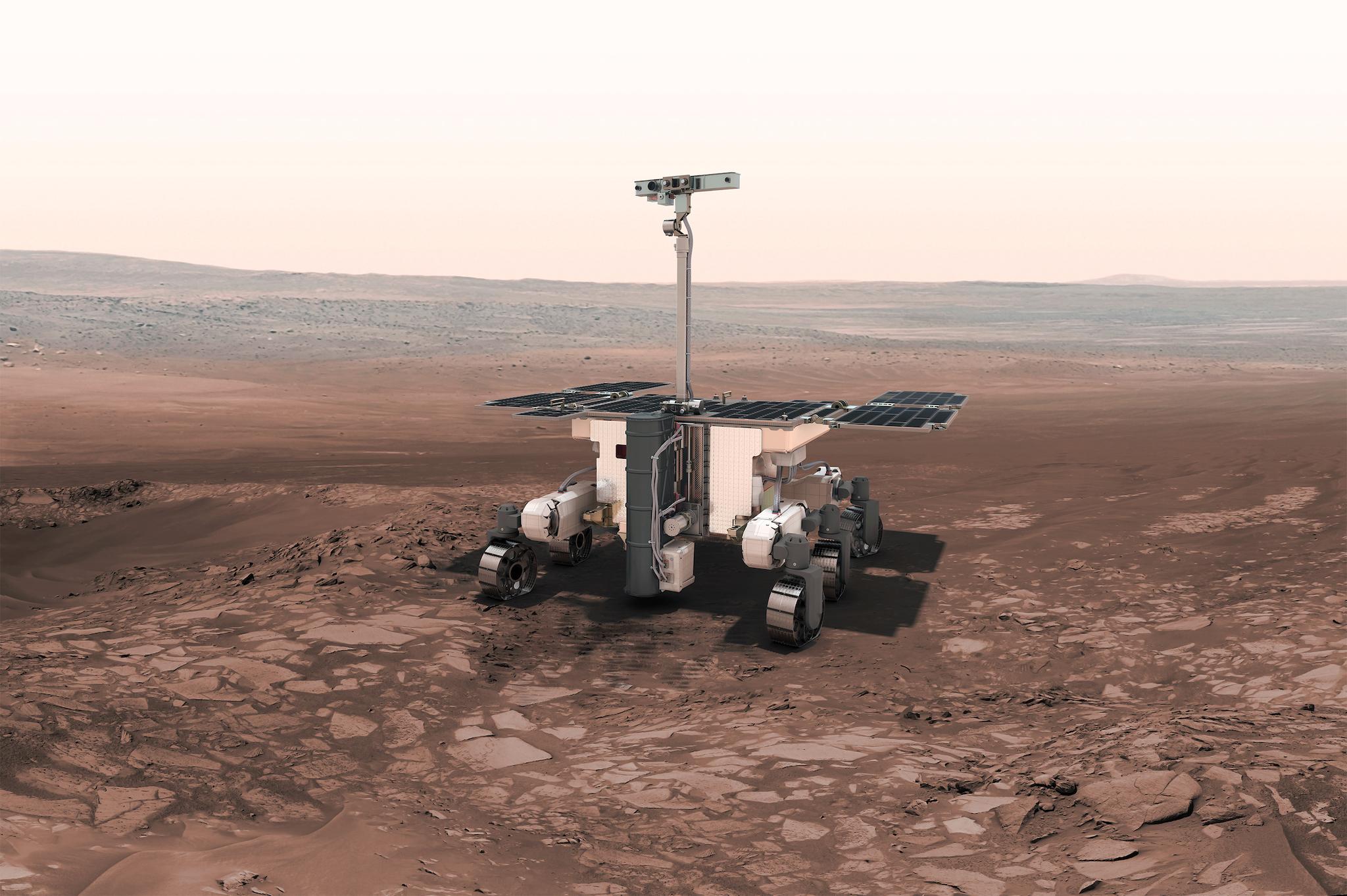European Space Agency postpones mission to Mars amid coronavirus outbreak and testing problems
Further tests required have been 'compromised' by spread of disease, Russian space agency says

A European mission to Mars has been postponed, in part because of the spread of coronavirus.
The ExoMars mission had been scheduled to launch this summer, in the hope of establishing whether there had ever been life on the red planet.
But problems including issues related to coronavirus had led it to be pushed back to 2022, according to the Russian and European space agencies.
A number of tests are still required before the launch in July, officials said. Those would not be able to happen in time to ensure that the mission could be successful, they said.
While those further tests would have been required anyway, the spread of coronavirus "compromised" the final phase of activities ahead of the launch, the space agencies said.
It was unclear whether the coronavirus would have caused the mission to be delayed without those other problems, officials said.
"We have made a difficult but well-weighed decision to postpone the launch to 2022," said Roscosmos director general Dmitry Rogozin. "It is driven primarily by the need to maximise the robustness of all ExoMars systems as well as force majeure circumstances related to exacerbation of the epidemiological situation in Europe which left our experts practically no possibility to proceed with travels to partner industries.
"I am confident that the steps that we and our European colleagues are taking to ensure mission success will be justified and will unquestionably bring solely positive results for the mission implementation."
The mission will now target a launch in 2022. The planets must align correctly for such launches to take place, meaning that the window only opens for around 10 days every two years.
The star of the mission will be the rover, named Rosalind Franklin, will drill two meters into the Martian surface in the hope of finding out whether life ever existed on the planet.
Join our commenting forum
Join thought-provoking conversations, follow other Independent readers and see their replies
Comments
Bookmark popover
Removed from bookmarks